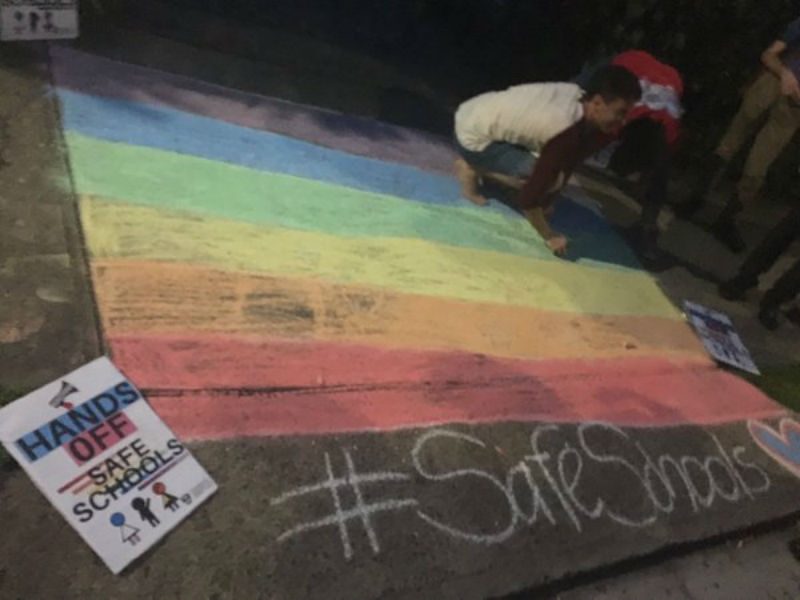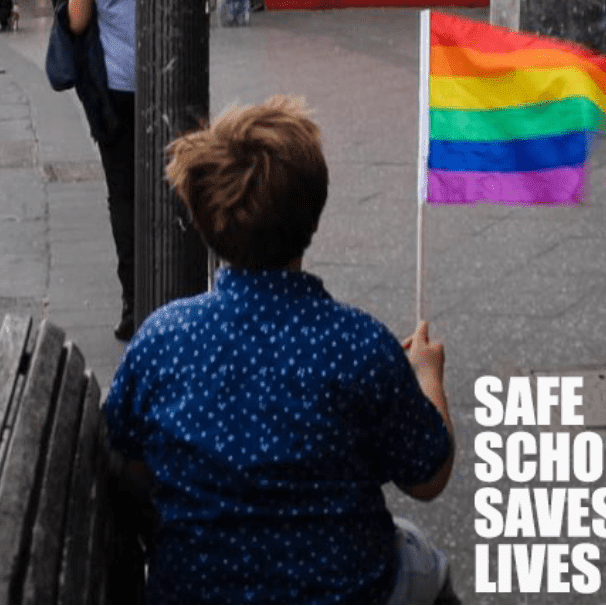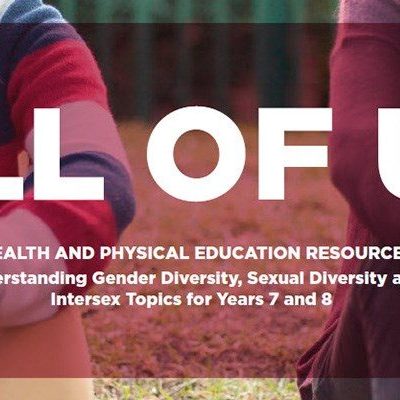 The Safe Schools program focuses on promoting the acceptance of LGBT students across Australia.
The Safe Schools program focuses on promoting the acceptance of LGBT students across Australia.
State and territory governments in Australia remain divided on the anti-bullying Safe Schools program after the Federal government introduced several changes to the program last week.
The Safe Schools program focuses on promoting the acceptance of gay, lesbian, bisexual, and transgender students and is active in 500 schools across Australia.
Following a conservative backed review into the Safe Schools program, Federal education minister, Simon Birmingham, announced a number of changes to the program. This included restricting certain resources to one-on-one counselling sessions, amending some lesson plans and requiring parents to grant permission for their children to participate in the program.
If states do not adopt the changes proposed by the Federal government they could lose critical Commonwealth financing.
Birmingham also indicated Safe Schools would not continue to be funded beyond 2017.
The decision has been met with criticism from Victorian Premier, Daniel Andrews, who has described the program as “brilliantly effective”.
“Why would you tamper with something that is actually saving lives?” Andrews asked during an appearance on Q&A on Monday.
Andrews committed to funding Safe Schools at a state level and to deliver the program to every government secondary school in Victoria.
“Safe Schools is officially saved in Victoria, and it will have a place in our schools long after Cory Bernardi and the rest of his dinosaurs eventually disappear from the Senate,” he said.
The Australian Capital Territory (ACT) education minister, Shane Rattenbury, has backed Safe Schools by taking aim at the Federal government’s decision that requires parental consent before students participate in Safe Schools.
“Secondary schools do not seek individual parental permission for students to access lessons on health, sex education or other kinds of peer support –​they should not need to seek individual permission to have access to an anti-bullying program,” he said in an interview with the Canberra Times.
He also announced the ACT government will continue to financially support the program if the Federal government retracts funding.
“We have a responsibility to provide a positive, inclusive and engaging school environment that is safe and supportive for all our students,” Rattenbury said.
However, New South Wales (NSW) premier, Mike Baird, has defended the Federal government’s decision, stating the changes were “sensible and reasonable.”
“There is third-party material, links through to websites that I think…How on earth can our children be looking at this?’” Baird told ABC radio on Tuesday.
He suggested that NSW school counsellors would be better positioned to deal with the concerns of students than the Safe Schools program.
“Is the best way to deal with [LGBTI students] a generic approach across people who potentially aren’t qualified [or] have professional capability there for those students?” he asked.
Baird has previously been criticised for taking a conservative stance on LGBTI issues last year when he supported the ban on schools screening the documentary, Gayby Baby, a film about same-sex parents.
In Tasmania, education minister, Jeremy Rockliff, said the Safe Schools program will be adjusted to align with the new recommendations.
Safe Schools, which has been implemented in 16 schools around Tasmania, may be overtaken by a new anti-bullying program developed by the Tasmanian government which is set to be introduced to all state schools next year.
South Australian education minister, Susan Close has pleaded with the Federal government to reverse the decision on the Safe School funding cuts but stopped short of pledging state funding for the program.
“I’m massively disappointed the government has let our kids, families and schools down,” Close posted on Facebook.
In response to a question on whether South Australia would fund the program beyond 2017, Close said: “Right now – in an [Federal] election year – I’m not inclined to let them off the hook. I’d like an opportunity for moderate views to be listened to in Canberra. But I am watching closely.”
Queensland Premier, Annastacia Palaszczuk, has yet to comment on the recommendations – despite pledging to support Safe Schools as an election promise in 2015. An education department spokesperson said the changes were being reviewed.
Both the Western Australian and North Territory departments of education has yet to comment on the review.


